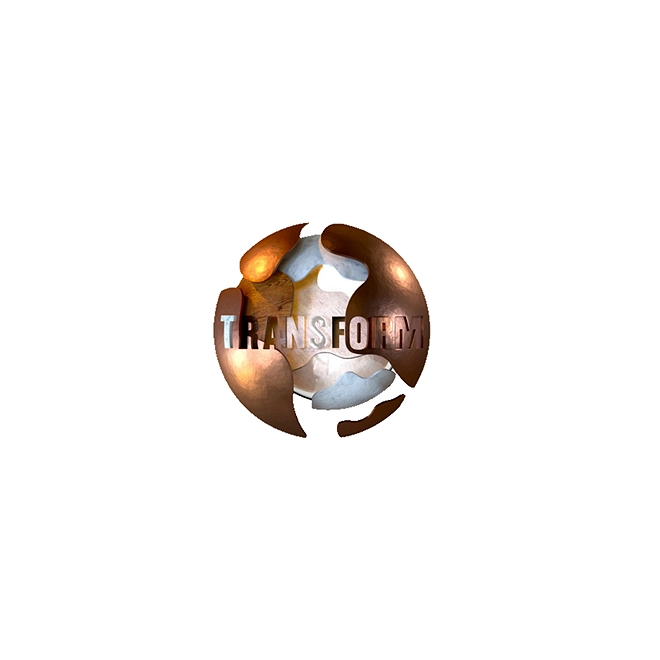How my Engineering degree gave me the advantage I needed to work in Consulting
I’ve always loved gadgets. When I was a kid, my favourite book was about how in the future we’d use all kinds of gadgets, from robotic vacuum cleaners to self-driving cars.
In high school, my desire to know how the world works drew me to study physics and my love for solving puzzles drew me to study maths. This combination, along with my fascination for all things gadgety led me to study electronic engineering at university. Over time, I learned that contrary to what I believed as a kid, unfortunately you couldn’t just invent a new gadget and have it change the world overnight. For new technology to actually make an impact, there’s a whole bunch of things that need to get done beyond the actual coding or circuit board design. This realisation led me to pursue a career at Deloitte.
Now, I’m a graduate in the Technology, Strategy & Architecture (TS&A) group within Consulting at Deloitte in Perth. My go-to blurb about what this involves is that a TS&A consultant gets called in whenever a client wants to improve their business using technology. There’s not a specific, standard job description because there’s never any “standard” project – every combination of client and project is unique. The common themes of the work generally include going to our client’s office and developing a deep understanding of how they operate their business, which could include asking staff about how they go about their day jobs. We’ll then develop some strategy or solution for how they could use technology systems and processes to improve how their business runs, then present the solution back to the key staff members involved. Other work involves actually setting up the new systems within the business, along with teaching people how to use the system, and getting everyone excited about using it.
While these projects don’t involve any soldering together of circuit boards, I’ve still been able to call on skills I learnt while studying engineering. At uni, I had to be able to take in a lot of information quickly in order to finish projects and deliver presentations to tight deadlines. The ever-changing nature of consulting and the short projects that sometimes pop up make it very handy to have these skills.
Client context is another area where it helps to have a STEM background. If the client works in an engineering field, my degree gives me enough technical background knowledge to speak to the staff in their own language from day one. On the other hand, if another project is in an industry that I’ve never worked in before, then I get to learn about something completely new. This is one of my favourite parts of the graduate program – I could be thinking about technology in the oil and gas industry one week, and the healthcare industry the next. I really, really like that I get to learn about this wide range of industries, and meet people who are passionate about helping these industries grow by using technology.
If you’re considering studying in a STEM field, my advice to you is simply to follow your fascination. If there’s something about Science, Technology, Engineering or Mathematics that really captures your attention, just follow it and see where it leads. Studying STEM in secondary or tertiary education doesn’t have to mean committing to that field for the rest of your career. It means pursuing an area that will not only help you grow in that area of study, but also help build the general problem solving and quick-thinking skills that you’ll use no matter where your career leads. As a STEM student, my fascination for creating technology led me to study engineering, and my fascination for everything else that a company must do to make technology successful led me to Deloitte.



